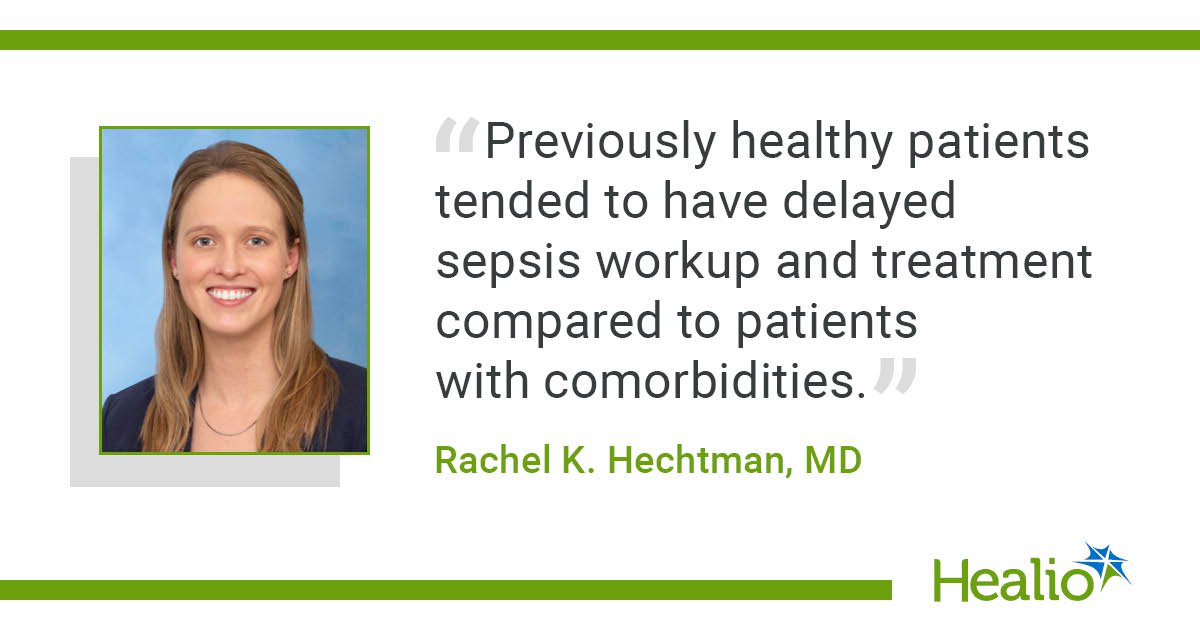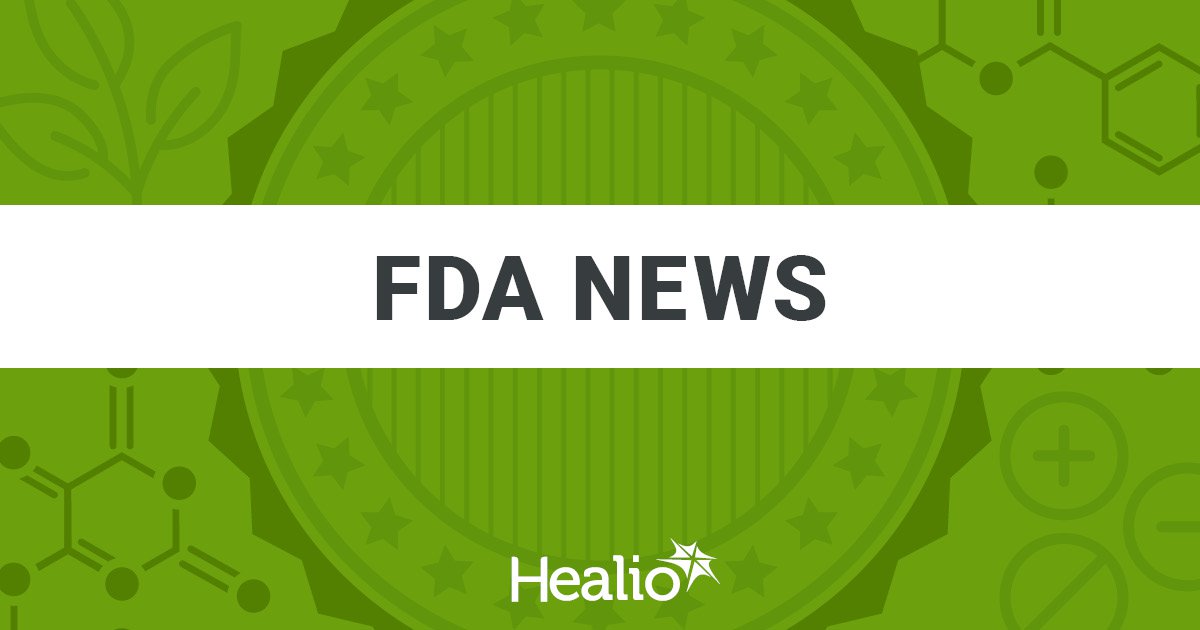September 11, 2025
2 min read
Key takeaways:
- Frequent artificially sweetened drink intake during pregnancy raised risks for complications.
- However, imprecise estimates on certain outcomes warrant further research.
Higher consumption of artificially sweetened beverages during pregnancy was tied to an 88% greater risk for gestational diabetes compared with rare or no consumption, data published in Diabetes Research and Clinical Practice show.
This frequent consumption was also tied to other pregnancy complications, but researchers said these estimates were imprecise.

Data derived from: Gebremichael B, et al. Diabetes Res Clin Pract. 2025;doi:10.1016/j.diabres.2025.112422.
Artificially sweetened beverages have been previously linked to a wide range of health issues, including oral cavity cancer, liver cancer, diabetes and CVD.
However, the impact of artificial sweeteners on pregnancy health “is debatable,” Bereket Gebremichael, a PhD student in the department of food and nutritional science at the University of Adelaide in Australia, and colleagues wrote.
Specifically, evidence on outcomes like gestational diabetes “is of low certainty” because prior studies had inconsistent findings and did not adjust for potential confounders, they wrote.
In the current analysis, the researchers examined data from 3,653 women enrolled in the Australian Longitudinal Study on Women’s Health to determine the effects of frequent artificially sweetened beverage consumption — defined as five or more beverages a week — during preconception and pregnancy on preterm birth, gestational diabetes and hypertensive disorder of pregnancy.
Findings
Gebremichael and colleagues reported that the adjusted relative risk for frequent consumption of artificially sweetened beverages vs. rare or no intake was 1.88 (95% CI, 1.12-3.14) for gestational diabetes.
Each additional artificially sweetened beverage a week raised the risk for gestational diabetes by 5% (adjusted RR = 1.05; 95% CI, 1.01-1.08).
Frequent intake of artificially sweetened beverages during preconception was associated with a 39% (aRR = 1.39; 95% CI, 0.89-2.18) greater gestational diabetes risk “but the association was not precise, as the 95% CI ranged from protective to higher risk,” the researchers wrote.
They also reported that frequent consumption of artificially sweetened beverages both during preconception (aRR = 1.24; 95% CI, 0.69-2.23) and pregnancy (aRR = 1.69; 95% CI, 0.91-3.15) raised the risk for hypertensive disorder of pregnancy but “the CIs were wide, suggesting imprecise estimates for both exposure timings.”
“However, when exposure was treated as a continuous variable, the effect size was precise for pregnancy exposure,” they added.
Frequent consumption of artificially sweetened beverages during pregnancy was tied to a 19% (aRR = 1.19; 95% CI, 0.34-4.14) higher risk for preterm birth, but the CI was wide when exposure was treated as a continuous variable, Gebremichael and colleagues wrote.
Potential mechanisms
The researchers acknowledged that artificially sweetened beverage intake was self-reported and assessed only at one point in time, “which did not allow us to examine if intake was changed over time and affected the outcomes.”
They wrote the underlying mechanisms behind the link between gestational diabetes and higher artificially sweetened beverage intake are unclear but offered possible explanations.
“Studies have suggested that low- or no-calorie sweeteners may interfere with glucose regulation and homeostasis,” they wrote. “Additionally, they influence insulin secretion capacity by interacting with G-protein-coupled receptors. This response could potentially result in increased glucose absorption and decreased insulin sensitivity.”
Gebremichael and colleagues also underlined the lack of strong evidence on ties between greater consumption of these beverages with the other outcomes “does not rule out the potential risk … but rather warrants a further investigation.”










